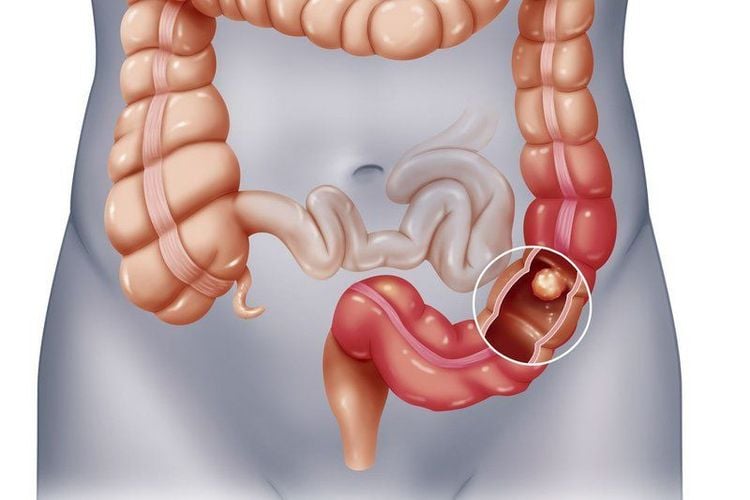1. Causes of fatty diarrhea

2. Signs of fatty diarrhea
- Fatty diarrhea is easy to recognize by the following signs:
Passing loose stools that have an unpleasant foul smell and a layer of grease appearing in the toilet bowl.
- In young children, signs of gluten intolerance occur very early, as soon as they start to eat solid food. Children often show signs of bloating, diarrhea, fatigue, and nausea…
- Due to nutrient deficiencies, individuals with fatty diarrhea often lose weight, experience hair loss, have skin issues, and may be of short stature…
- It can lead to infertility or complications during pregnancy.

3. Is fatty diarrhea dangerous?
- Fatty diarrhea has certain effects on patients. Cases of prolonged fatty diarrhea that are not treated can predispose individuals to cancers such as small intestine cancer and esophageal carcinoma.
- Cases diagnosed late are very likely to lead to osteoporosis due to reduced calcium absorption. Additionally, patients are at a higher risk of malignant diseases, especially lymphoma, or complications of diffuse inflammation of the duodenum and ileum.
- Fatty diarrhea also increases the risk of infertility or pregnancy complications, but if gluten is removed from the diet, these complications will decrease and disappear.
4. How is fatty diarrhea treated?
Fatty diarrhea is a condition that can be completely treated simply and will not pose a danger to the patient if treated early and correctly. See a doctor as soon as you have initial signs of this condition, undergo blood tests and biopsies to accurately diagnose the condition.
From the causes of this disease, patients only need to remove gluten from their diet, and they will notice symptoms decrease or disappear after avoiding gluten-containing foods. However, it may take 2 to 6 years for the patient’s intestines to fully heal.

